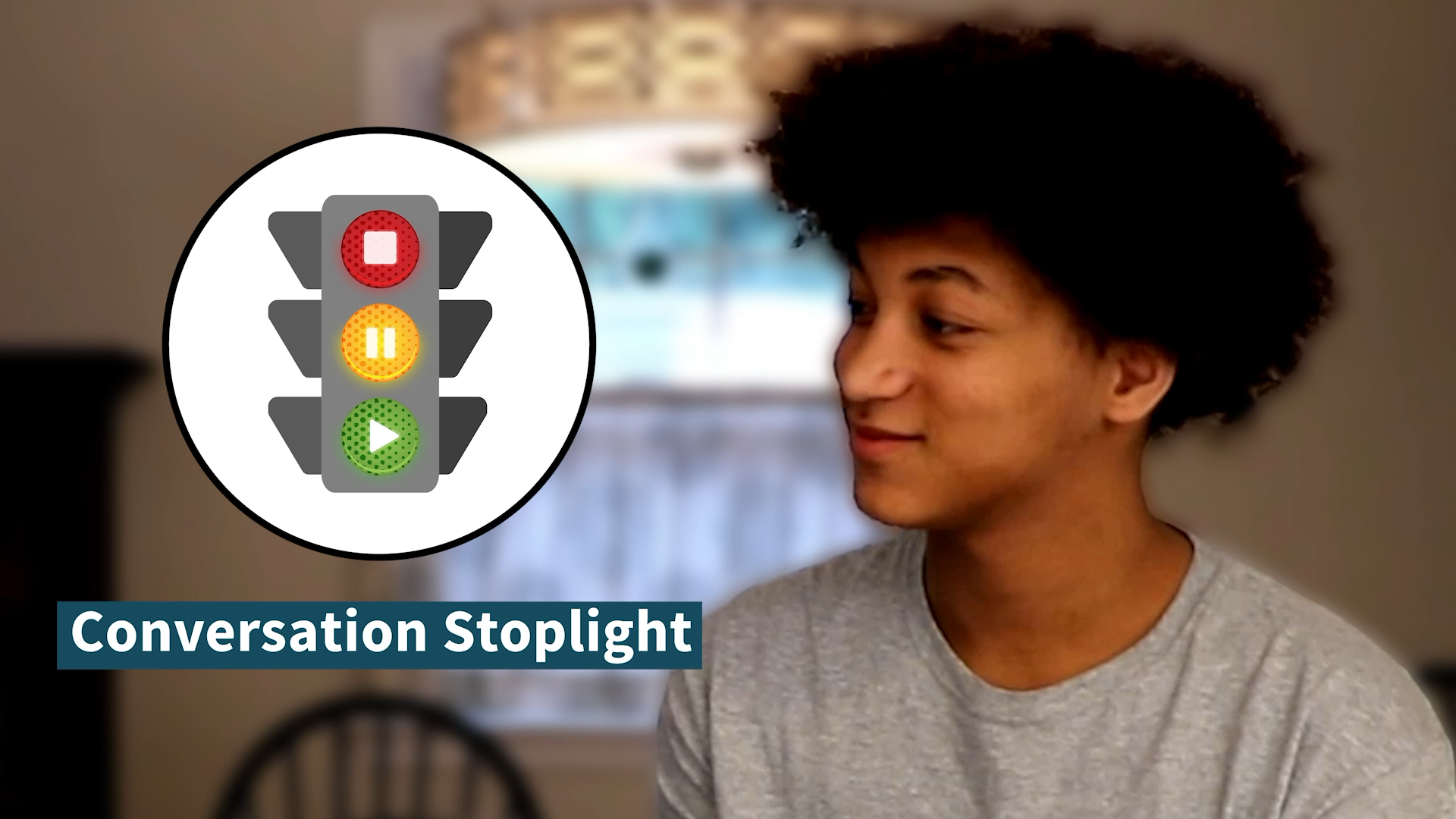
Introduction
Teaching kindergarteners the art of conversation is a crucial step in developing their social-emotional learning skills. One effective method to achieve this is by using the Conversation Stoplight. This technique helps students understand when it’s their turn to speak and when it’s time to listen. By incorporating the Conversation Stoplight into daily interactions, educators can help young learners develop essential communication skills such as active listening, taking turns, and conversation sharing.
No-Prep Activity
Here’s an easy, no-prep activity to help kindergarten students practice using the Conversation Stoplight:
- Ask students to sit in a circle. Explain the concept of the Conversation Stoplight, emphasizing the red light (listening), green light (talking), and the importance of taking turns.
- Begin by holding a small object, such as a beanbag or soft toy. Explain that when a student has the object, it’s their “green light” to talk, and the others should have a “red light” to listen.
- Start a conversation by sharing something about your day, weekend, or a favorite activity. Then, gently toss the object to a student, signaling their turn to speak. Encourage the student to share something related to the topic.
- Once the student finishes speaking, they should toss the object to another student, who will then have their “green light” to talk.
- Continue the activity until all students have had a chance to practice both listening and speaking using the Conversation Stoplight.
Discussion Questions
After completing the no-prep activity, use these questions to stimulate further discussions:
- Why is it essential to wait for our turn to speak during a conversation?
- How does listening to others make them feel valued and respected?
- What are some clues that indicate someone has finished speaking and it’s your turn to talk?
- Can you think of a situation where using the Conversation Stoplight helped you communicate better with someone?
- How can practicing the Conversation Stoplight help us become better friends and classmates?
Related Skills
Besides the Conversation Stoplight, there are several other related skills that can help kindergarten students improve their communication abilities:
- Active Listening: Encourage students to focus on the speaker, maintain eye contact, and use nonverbal cues, such as nodding, to show they’re paying attention.
- Asking Open-Ended Questions: Teach students to ask questions that require more than a “yes” or “no” answer, promoting deeper conversations and better understanding.
- Expressing Empathy: Help students recognize and validate the feelings of others during a conversation, fostering stronger connections and emotional support.
- Using Polite Language: Reinforce the importance of using words like “please,” “thank you,” and “excuse me” to show respect and consideration for others.
Next Steps
Now that you’ve learned about the Conversation Stoplight and its benefits for kindergarten students, it’s time to take the next step in enhancing their social-emotional learning. To access free samples of this skill and explore additional resources, visit Everyday Speech’s sample materials. By incorporating these valuable tools into your teaching, you’ll help your students develop the communication skills they need for success in school and beyond.










